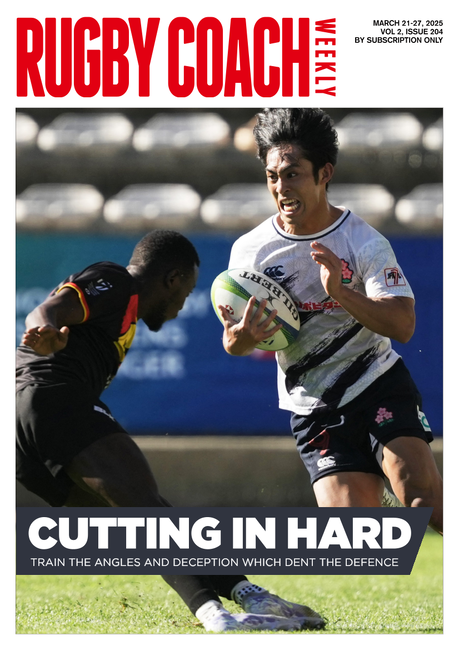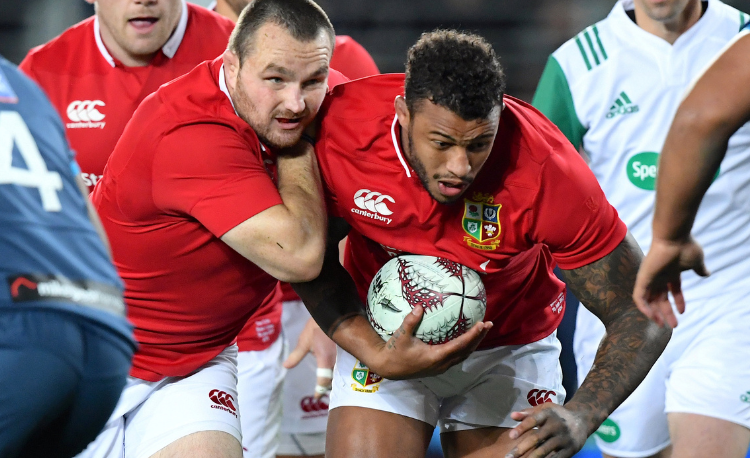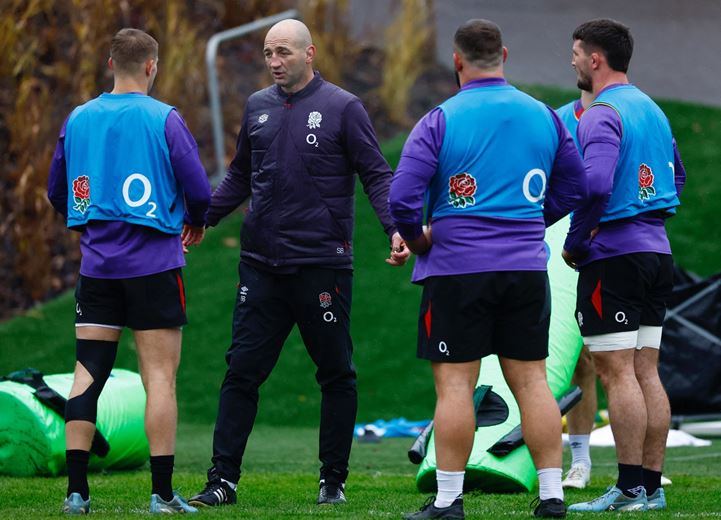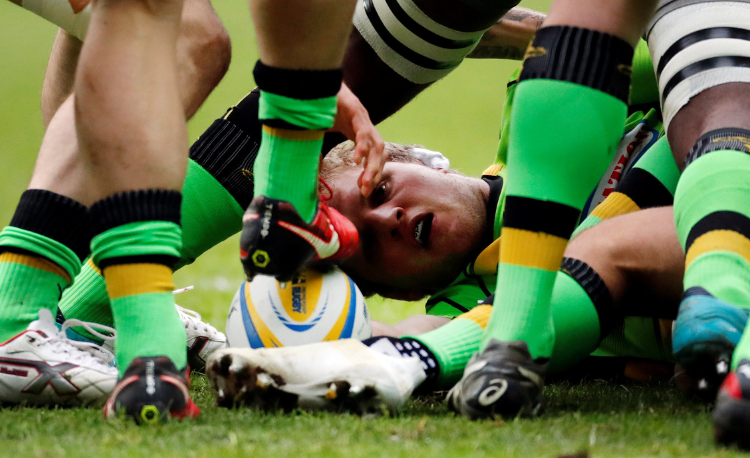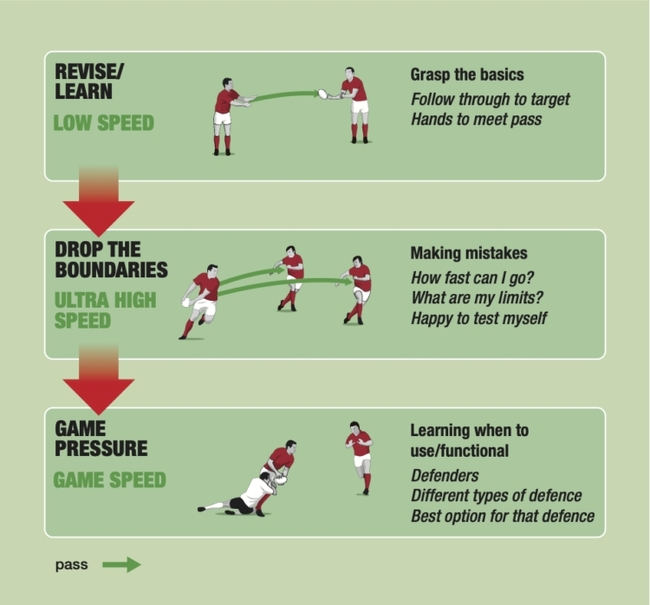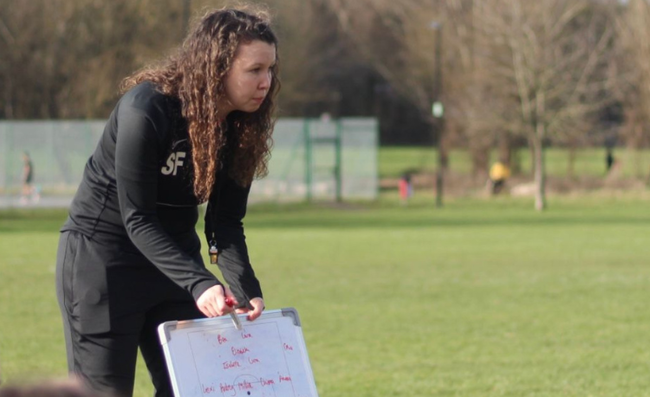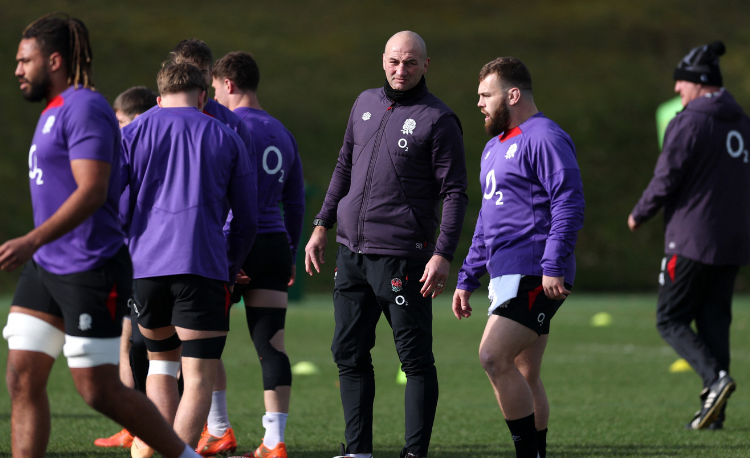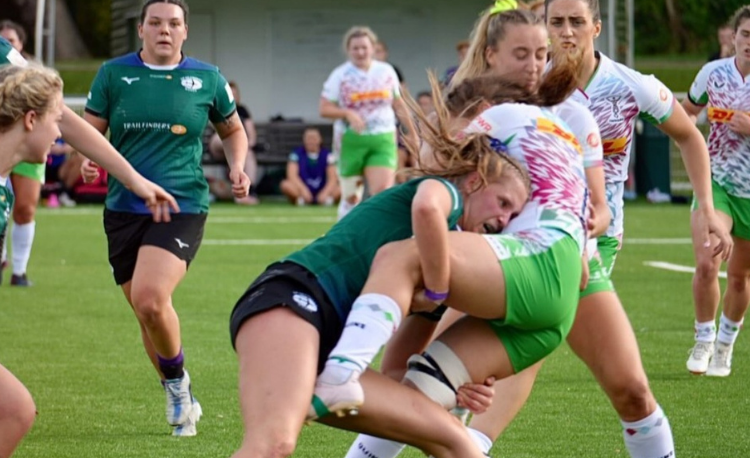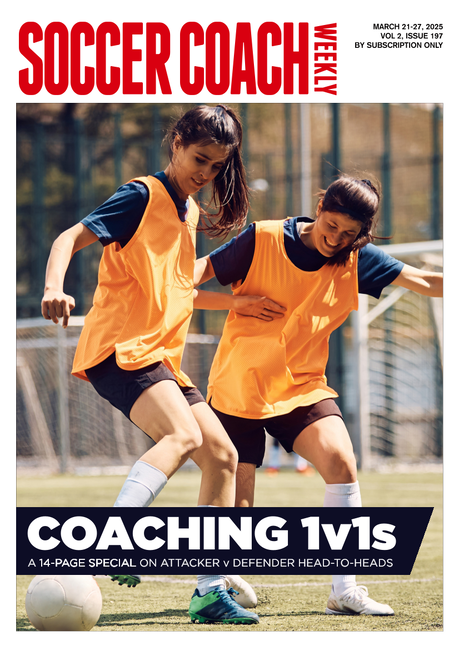Do you need a plan to see out a game?
Your team is one score ahead in the last 10 minutes. Should you have a strategy to close it out? Or do more of the same? DAN COTTRELL debates pros and cons.
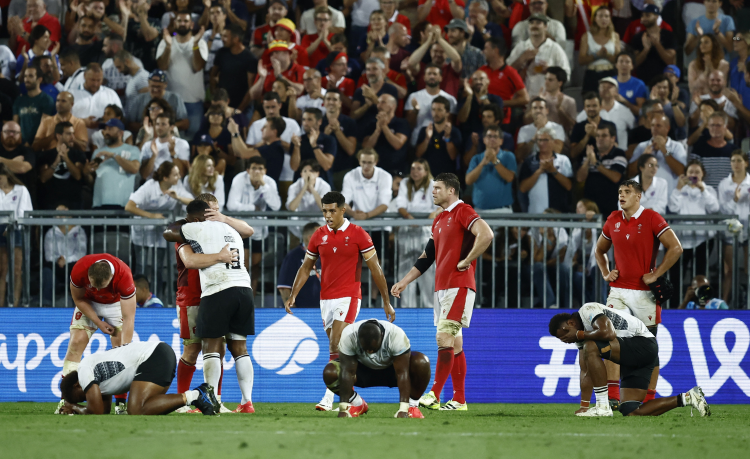
The point at which a winning team might look to ’close the game out’ can vary, but it is generally the latter stages when there is still time for the opposition to score twice.
Let’s say your team is in front by one score, which is normally a try. We have to assume that, like most teams, you don’t have a top-class kicker ready to slot over a long-range penalty.
We will also assume that you won’t be able to win by a drop goal. That’s a tough enough skill as it is.
If the other team scores once in that period, you are no longer ’closing out the game’ - you are hanging on.
Quite of lot of how you approach it will be psychological in nature. Here are the two sides of the coin...
YES - Have a plan
Have a strategy so players don’t panic and are focused on their roles within that plan.
It is weather-dependent but most teams don’t score from their own half. Why not plan to give the opposition the ball, get them to attack from deep and back your defence?
In your half, kick long with a measured chase. That means a good line coming forward without gaps. It is best to kick behind their forwards and in front of yours. Contestable box kicks into that area are good.
Don’t over-commit to rucks. This reduces the chances of penalties. Have a rule of only sending one player in as well as the tackler.
When in possession in their half, keep the ball within 15m of your forwards. Don’t attack wide unless you are within 10m of their line.
Most importantly, play to a plan you have already practised in training. All the players need to buy-in and know their roles.
The plan reduces the risks you take, but also the potential rewards.
NO - Keep doing what you’re doing
Your normal mode of play should be to prevent the opposition scoring - so why change what you are doing?
A change in plan might stop you exerting the same pressure as you were before, allowing the opposition more opportunities to retain possession and score points.
Instead of changing plan, why not encourage the players to maintain and up the intensity?
In the end, it will come down to whether your side misses tackles or not. In the last part of the game, that is often due to tiredness or lack of focus.
The non-negotiables
Whether you have a plan or not, you will need to keep focused on three areas in the last section of the game:
1. Maintain defensive pressure: It is better to be narrow in defence and force the opposition to go wide.
2. Secure set-piece ball: Especially in the lineout, go for your banker ball even if they will compete.
3. Don’t look at the scoreboard: The players should keep themselves in the present by working out what to do in the next play. If they are constantly asking how long to go, you know they are losing focus.
Thank you for reading
to enjoy 3 free articles,
our weekly newsletter, and a free coaching e-book
Or if you are already a subscriber, login for full access
Newsletter Sign Up
Coaches Testimonials

Gerald Kearney, Downtown Las Vegas Soccer Club

Paul Butler, Florida, USA

Rick Shields, Springboro, USA

Tony Green, Pierrefonds Titans, Quebec, Canada
Subscribe Today
Be a more effective, more successful rugby coach
In a recent survey 89% of subscribers said Rugby Coach Weekly makes them more confident, 91% said Rugby Coach Weekly makes them a more effective coach and 93% said Rugby Coach Weekly makes them more inspired.
Get Weekly Inspiration
All the latest techniques and approaches
Rugby Coach Weekly offers proven and easy to use rugby drills, coaching sessions, practice plans, small-sided games, warm-ups, training tips and advice.
We've been at the cutting edge of rugby coaching since we launched in 2005, creating resources for the grassroots youth coach, following best practice from around the world and insights from the professional game.


